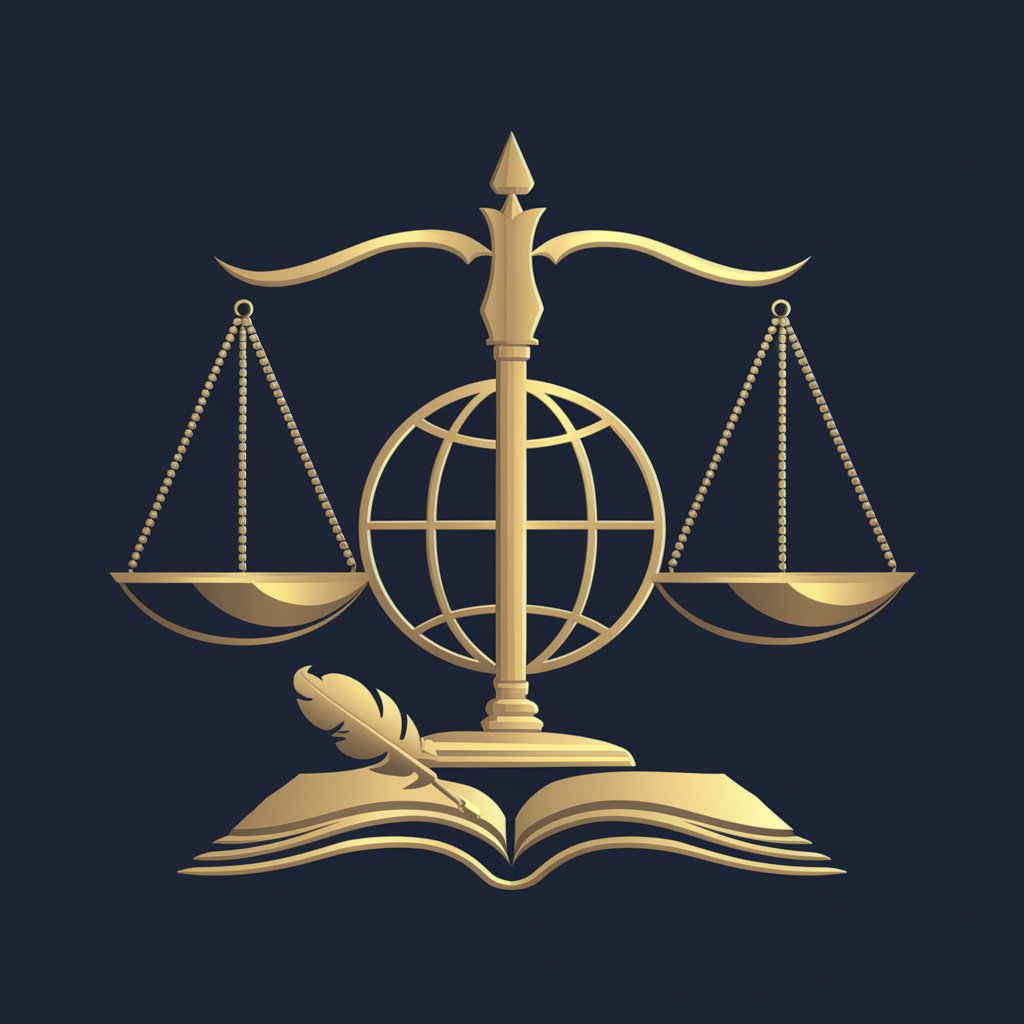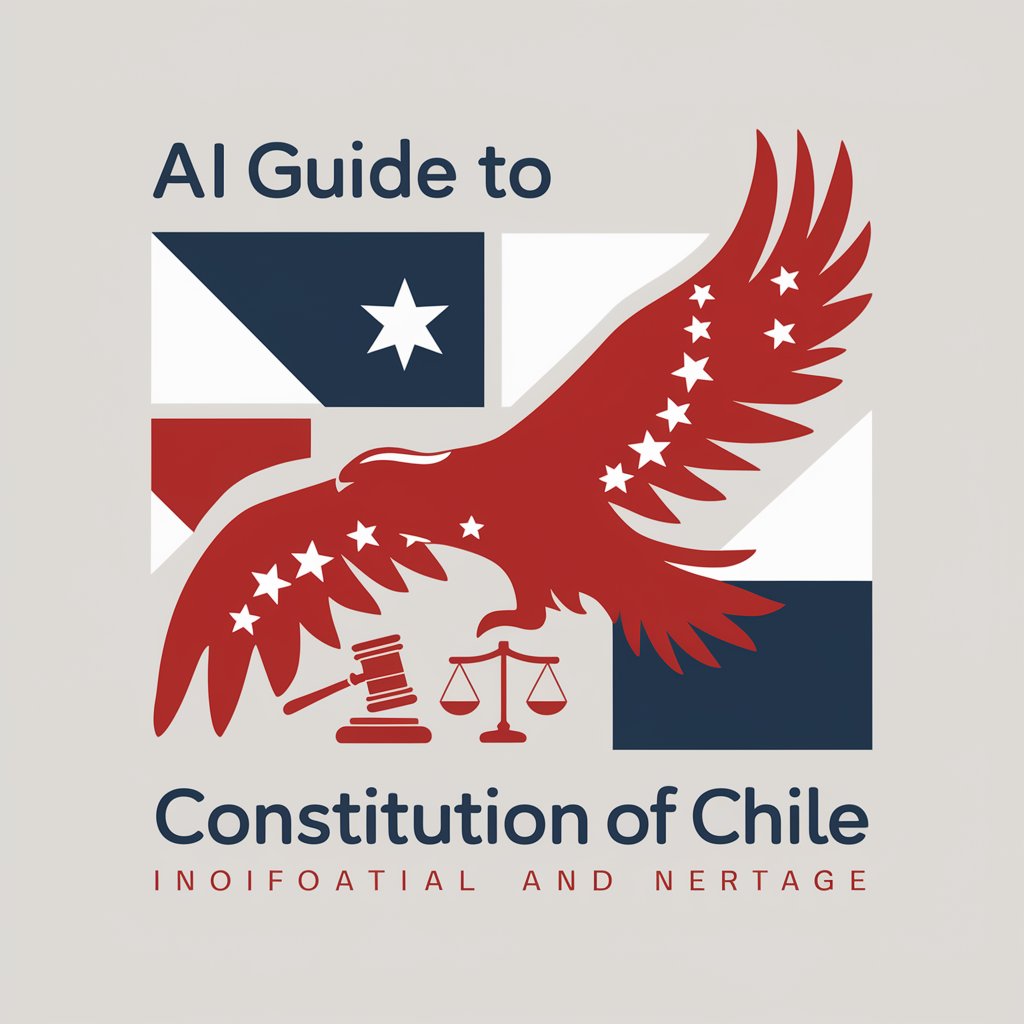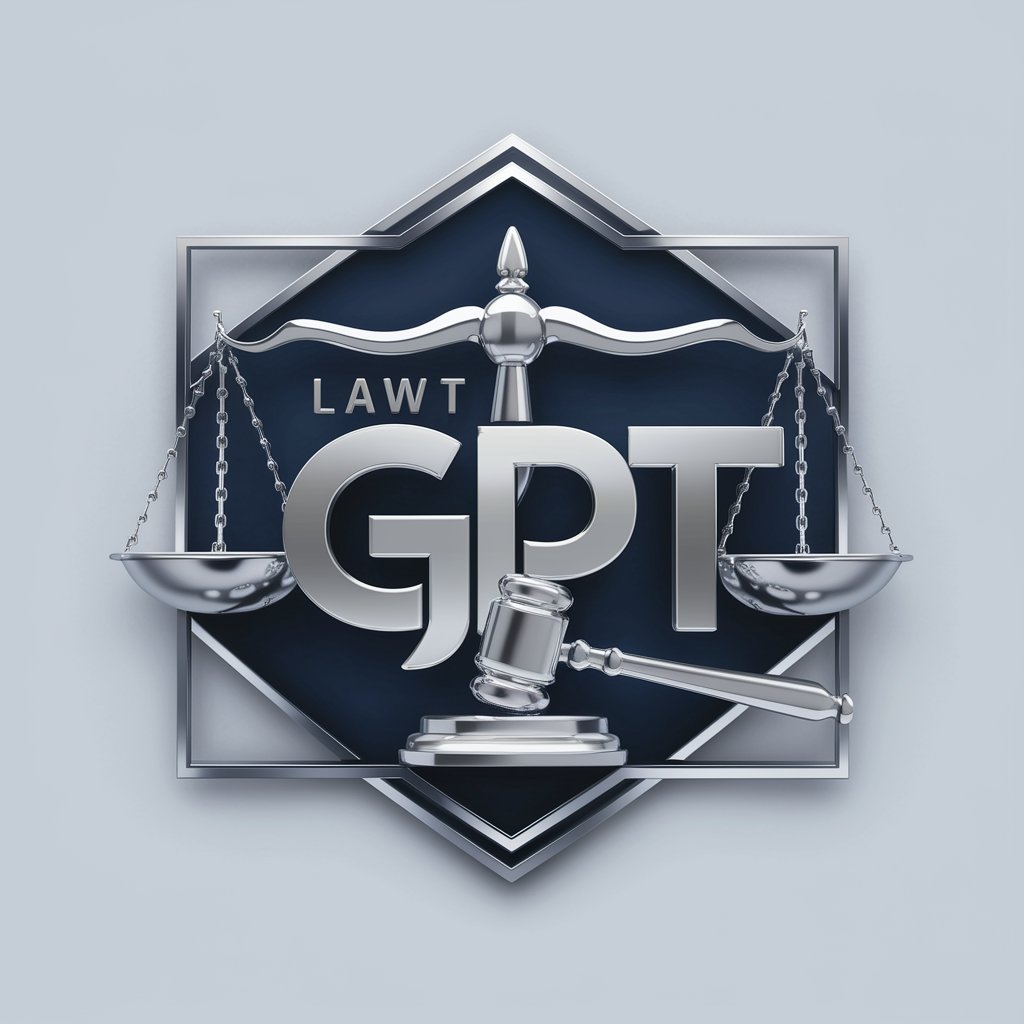6 GPTs for Comparative Law Powered by AI for Free of 2026
AI GPTs for Comparative Law are advanced tools designed to assist in understanding and analyzing legal systems from different jurisdictions. These AI models, built on the Generative Pre-trained Transformer (GPT) framework, are specifically developed to manage tasks related to Comparative Law. They leverage vast datasets of legal documents, case laws, and scholarly articles to provide insights, predict outcomes, and offer comparative analyses. Their role is crucial in identifying similarities and differences between legal systems, aiding in research, and facilitating global legal understanding.
Top 6 GPTs for Comparative Law are: Iusreporter Global,日本国憲法,Constitución Para Todos,ConstituciónCL Guide,Luxembourg Penal Code,LawGPT
Iusreporter Global
Empowering legal research with AI

日本国憲法
Empowering Constitutional Understanding with AI
Constitución Para Todos
AI-powered constitutional insights at your fingertips.

ConstituciónCL Guide
Unlocking Chile's Constitutional Secrets with AI

Luxembourg Penal Code
Deciphering Luxembourg Law with AI

LawGPT
AI-powered Legal Insights at Your Fingertips

Key Attributes and Capabilities
AI GPTs for Comparative Law are distinguished by their adaptability, supporting a wide range of functions from basic queries to complex legal analyses. Unique features include multilingual support, enabling the comparison of laws in different languages; advanced data analysis for identifying legal trends; and the capability to generate detailed legal reports. These tools can also support technical tasks such as web searching for recent legal developments, image creation for visualizing legal concepts, and providing tailored legal advice based on comparative analysis.
Who Benefits from Comparative Law AI?
These AI tools cater to a diverse audience, including legal professionals, scholars, students, and policy makers interested in Comparative Law. They are designed to be accessible to users without programming knowledge, offering intuitive interfaces and guidance. For those with technical expertise, these tools offer further customization options, allowing for the development of specialized applications and integration into existing legal research workflows.
Try Our other AI GPTs tools for Free
Product Preview
Discover how AI GPTs for Product Preview can transform your product marketing with dynamic, customizable demonstrations, engaging descriptions, and interactive experiences.
Collectors' Guide
Discover how AI GPTs for Collectors' Guide revolutionize collecting with advanced AI technology. From novice enthusiasts to experts, these tools offer tailored insights, valuation, and market trends for an enhanced collecting journey.
Essay Revision
Discover how AI GPTs for Essay Revision can transform your writing with advanced editing tools designed for grammar, style, and content improvement.
Diary Correction
Discover how AI GPTs for Diary Correction can transform your diary entries with advanced editing, personalized suggestions, and seamless integration for both personal and professional use.
Phonetic Transcription
Discover AI-powered GPT tools for Phonetic Transcription, transforming spoken language into accurate phonetic symbols. Ideal for educators, linguists, and language learners.
Paranormal
Discover AI GPTs for Paranormal, your gateway to exploring the unexplained. Unleash the power of AI to investigate myths, legends, and supernatural phenomena.
Expanding Horizons with AI in Comparative Law
AI GPTs for Comparative Law represent a paradigm shift in legal research and analysis, offering scalable, efficient, and accurate tools for comparative legal studies. They facilitate a deeper understanding of global legal systems, promote cross-border legal education, and support legal professionals in navigating complex international legal landscapes. With user-friendly interfaces and integration capabilities, these tools are set to transform how legal professionals engage with Comparative Law.
Frequently Asked Questions
What exactly are AI GPTs for Comparative Law?
AI GPTs for Comparative Law are specialized AI tools designed to analyze and compare legal systems using the Generative Pre-trained Transformer technology. They facilitate legal research, analysis, and education by processing and synthesizing legal information across different jurisdictions.
How can AI GPTs assist in Comparative Law research?
These tools can streamline the research process by quickly analyzing vast amounts of legal texts, identifying key similarities and differences between legal systems, and providing insights into legal precedents and scholarly articles across jurisdictions.
Are these tools accessible to those without a technical background?
Yes, AI GPTs for Comparative Law are designed with user-friendly interfaces that do not require coding knowledge, making them accessible to legal professionals, scholars, and students alike.
Can AI GPTs for Comparative Law generate legal documents?
Yes, these tools can generate a variety of legal documents, including comparative legal analyses, reports, and summaries of legal texts from different jurisdictions.
How do these AI tools handle different languages in legal documents?
AI GPTs for Comparative Law are equipped with multilingual capabilities, allowing them to process and analyze legal documents in various languages, facilitating cross-jurisdictional legal research.
Can I customize these AI tools for specific legal research needs?
Yes, with programming knowledge, users can customize these tools for specific research projects, integrating them into existing systems or tailoring their functionality to suit unique legal analysis requirements.
How do AI GPTs ensure the accuracy of legal comparisons?
These tools are trained on large datasets of verified legal documents and continuously updated to reflect new laws and legal precedents, ensuring the accuracy and relevance of their analyses.
Is there support for integrating these tools with existing legal research platforms?
Yes, many AI GPTs for Comparative Law offer API access and technical support for integration into existing legal research platforms, enhancing their research capabilities with AI-powered insights.